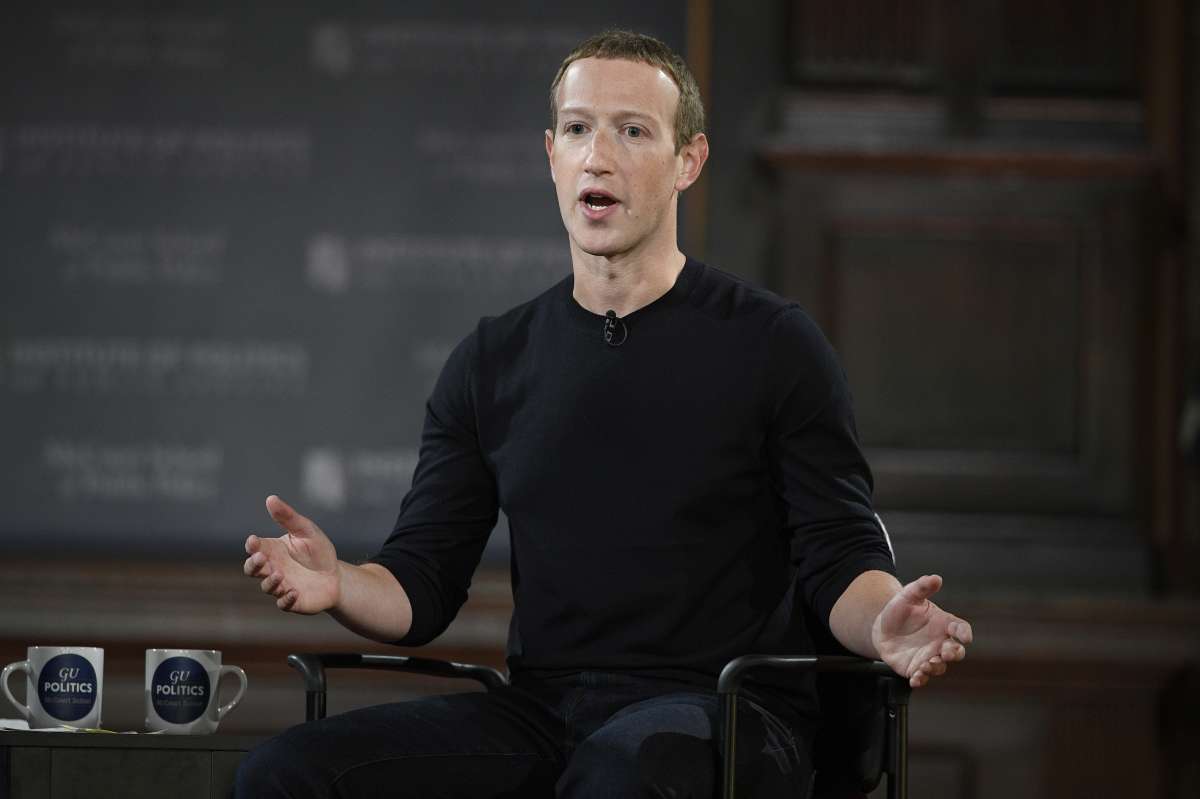Meta is currently eyeing plans to cut its workforce by another 10,000 people and withdraw around 5,000 open job roles that it had plans to fill. The company co-founder and CEO Mark Zuckerberg said this on Tuesday, confirming recent rumors that another round of layoffs was imminent.
Also, Zuckerberg said that the company will cancel “lower priority projects,” adding that he “underestimated the indirect costs” associated with these initiatives.
The announcement comes just four months after Meta announced the removal of approximately 11,000 roles as the social networking giant embarks on a “year of efficiency.” As a result, Meta has effectively laid off — or intends to lay off — roughly one-quarter of its workforce since the end of last year.
According to Facebook’s parent company, the latest restructuring efforts will begin in its tech groups in April, followed by its business groups in May.
Also, read;
If the Online News Act becomes law, Meta will end Canadians’ news access
Volkswagen Group picks Canada as location for new EV battery cell factory
“In a small number of cases, it may take through the end of the year to complete these changes,” Zuckerberg wrote in a memo to staff that was subsequently published to the public. “Our timelines for international teams will also look different, and local leaders will follow up with more details. This will be tough and there’s no way around that.”
Meta said in a separate SEC filing that it expects its full-year 2023 expenses to be in the $86 billion to $92 billion range, down from a previous estimate of around $95 billion. The majority of these costs are due to “cost-cutting measures” associated with the restructuring, such as severance pay.
After the latest restructuring efforts are completed, Zuckerberg said, the company will lift its hiring freeze across its various groups.
While Zuckerberg did not go into detail about what types of roles or “lower priority projects” will be eliminated, he did mention “flattening” the various organizations and divisions that comprise Meta Platforms Inc. corporation, which will imply removing some management layers.
“It’s well-understood that every layer of a hierarchy adds latency and risk aversion in information flow and decision-making,” Zuckerberg wrote. “Every manager typically reviews work and polishes off some rough edges before sending it further up the chain. In our Year of Efficiency, we will make our organization flatter by removing multiple layers of management. As part of this, we will ask many managers to become individual contributors. We’ll also have individual contributors report into almost every level — not just the bottom — so information flow between people doing the work and management will be faster.”
Similar to the messaging surrounding its previously announced round of layoffs in November, Zuckerberg was quick to emphasize that the company was building for the long term, with a continued emphasis on AI and the metaverse. Indeed, while many see its pivot to the metaverse in 2021 as a massive miscalculation, one that is nowhere near ready to generate the kinds of rewards its shareholders would like, there is little indication that Zuckerberg’s unwavering metaverse conviction will change any time soon.
“Our single largest investment is in advancing AI and building it into every one of our products,” Zuckerbeg wrote. “We have the infrastructure to do this at an unprecedented scale and I think the experiences it enables will be amazing. Our leading work building the metaverse and shaping the next generation of computing platforms also remains central to defining the future of social connection.”



















